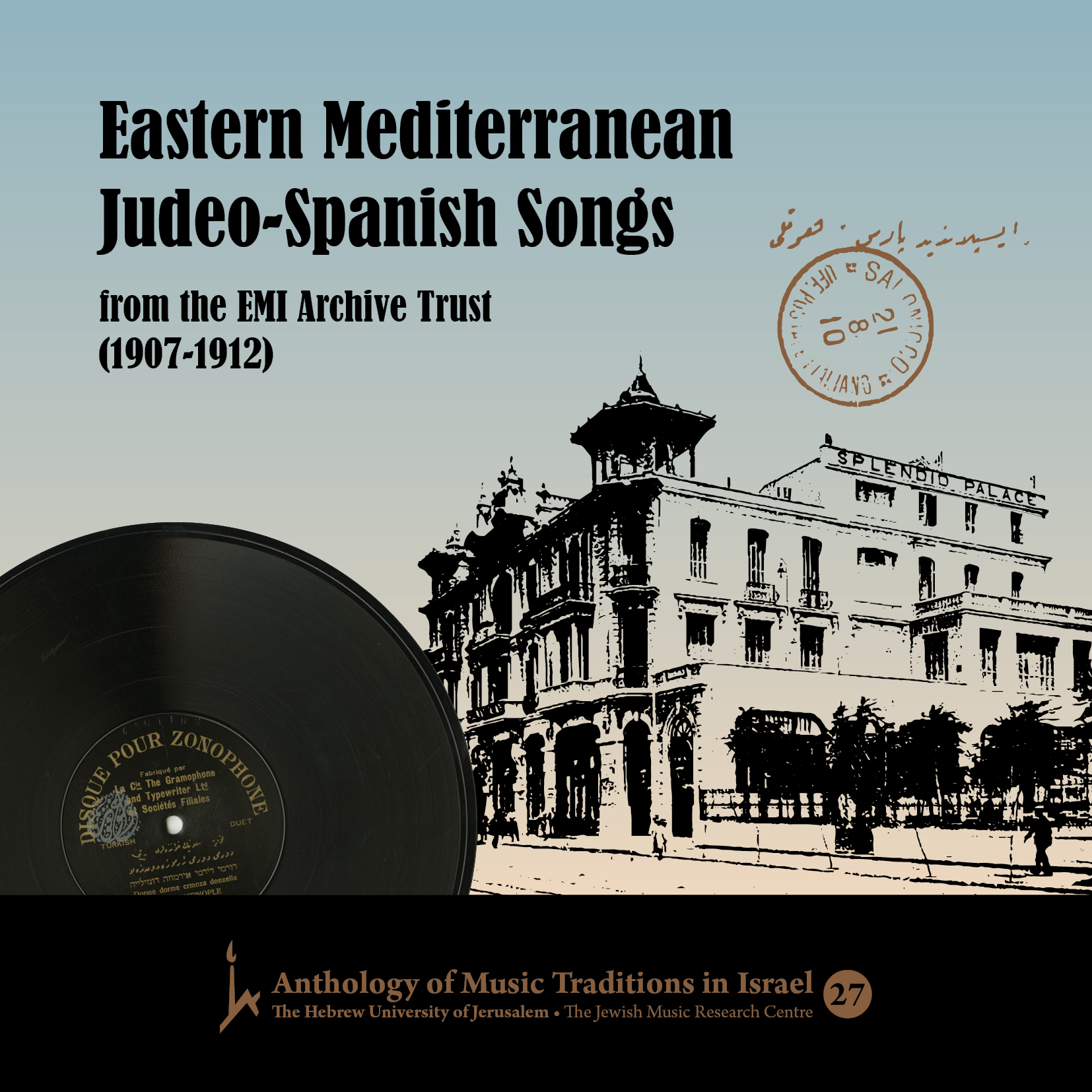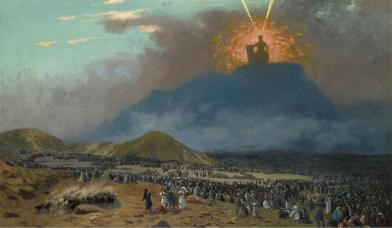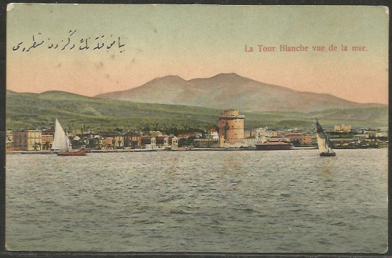CES
14. El nacimiento y la vocación de Abraham (CES)
A very rare version of the well-known copla El nacimiento y la vocación de Abraham (The birth and mission of Abraham), traditionally sung during the night-long vigil before the circumcision ceremony (hence its title in this recording, Cantiga de circuncision). The copla relates the story of the patriarch Abraham, and is documented in written sources starting in the eighteenth century in manuscripts and in print (see Perez 2005, pp. 266-289) and in the oral tradition. This copla bifurcated into two songs with distinctive melodies. One, beginning “Cuando el Rey Nimrod,” is likely the most widespread Ladino song in the modern discography. It has a distinctive melody and refrain (“Abraham avinu padre querido”) and is apparently of North African pedigree (Seroussi 2019, pp. 101-114). The second one, almost always beginning “La mujer de Terah” (for an exception see Levy 1964-1980, vol. 4, p. 385) is more widespread in the Eastern Mediterranean and is performed with at least two different melodies, one melismatic and without a clear beat (see Weich-Shahak 2014, no. 8), and the second more rhythmical (see Weich-Shahak 2014, no. 10). This recording is the earliest documentation of “La mujer de Terah” with this metered melody. Its opening stanza connects the text to the actual circumcision ceremony by mentioning the parido (the father of the newborn son). However, in most known versions of this song, the parido is invoked only at its end. Terah’s desire to kill his wife is known only from two additional versions from Salonica, a testimony that this is a local motif (Molho 1960, nos. 41-43; Bassan 1947, no. 50). In this recording, the singers repeat stanzas 1-3 and the musicians add an instrumental postlude to complete the side of the record. This may be a sign that the recorded stanzas are the only ones they knew out of the many found in the literary sources of this song.
El Dio lo presente al parido
que ya vino el ma’asé de Abraham Avinu.
Grande zahú tuvo el siñor de Abraham,
que por él lo conocemos al Dio de la verdad.La mujer de Terah quedó preñada.
Cada día por día le preguntaba:
¿De qué lleváš la cara tan demudada?
Ella se lo sabía el bien que tenía.Buen arrodeando campos y viñas
falló una me’ará del Dio se la llenar.
Ya le vinieron dolores parir quería.
Allí lo parió al siñor de Abraham.Acabado de nacer dijo Abraham:
Andavos la mi madre andavos d’acá,
que Terah mi padre vos quer’a matar.
A mí me va guadrar el Dio de la verdad.






